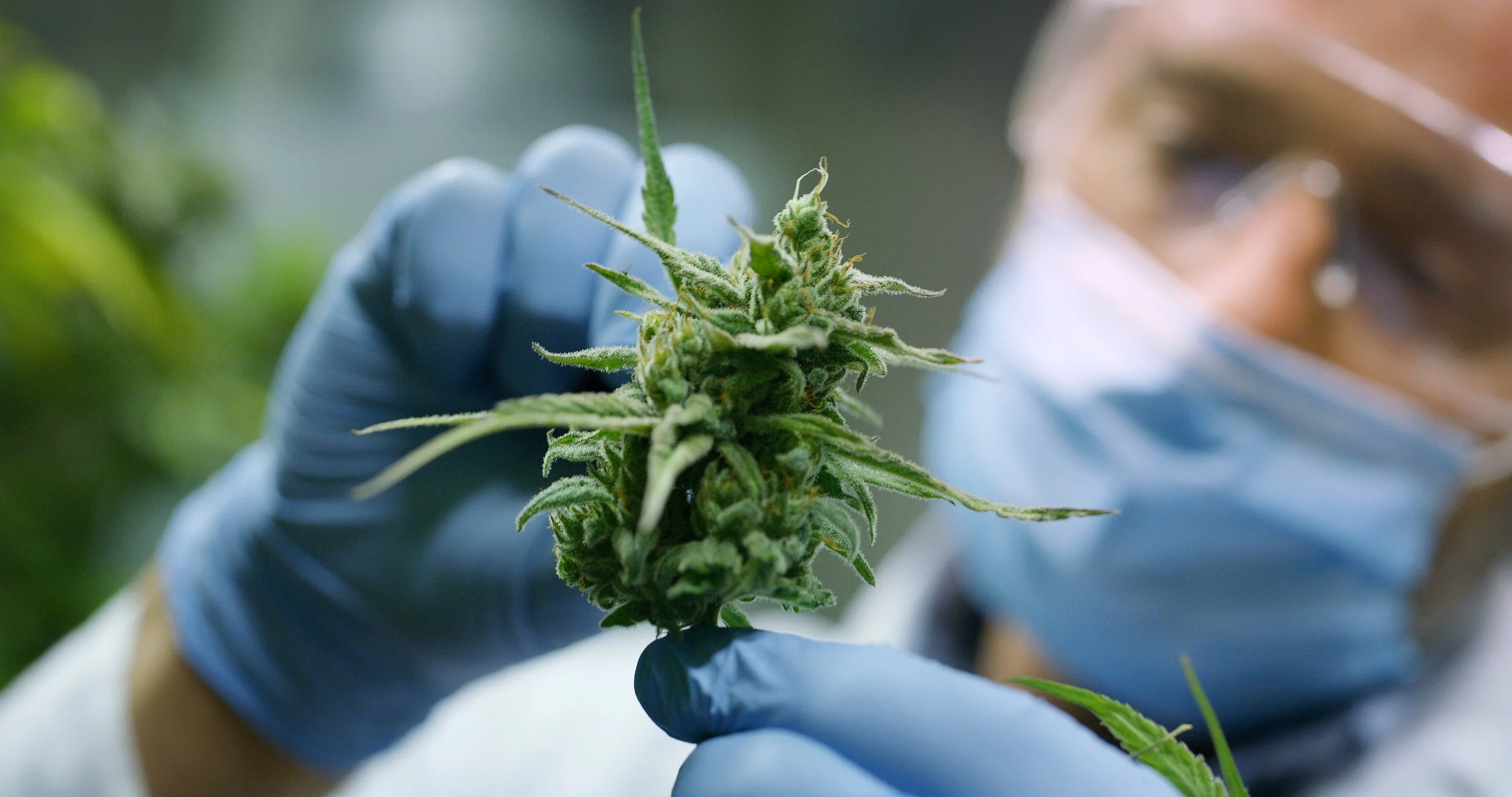
Knowledge is power.
Myths Vs Facts.
MYTH #1: “Cannabis is a gateway drug.”
FACT: Decades of research show no causal link. Most people who use cannabis do not go on to use harder drugs. In fact, states with medical cannabis laws have seen lower rates of opioid abuse and overdose. Journal of the American Medical Association (JAMA) reports a 25% reduction in opioid overdose deaths in states with medical cannabis
MYTH #2: “There’s not enough research.”
FACT: Over 30,000 studies exist on cannabis. The U.S. government even holds a federal patent on cannabinoids for their antioxidant and neuroprotective properties (Patent #6630507).
MYTH #3: “Cannabis makes people lazy and unmotivated.”
FACT: Most medical cannabis patients are working West Virginians who use it to manage chronic pain, PTSD, cancer, and neurological disorders, so they can keep showing up for life, work, and family.
MYTH #4: “Legalizing cannabis will increase crime.”
FACT: States with legal cannabis have not seen increases in violent crime. In fact, local economies improve, illegal markets shrink, and law enforcement can focus on serious crimes.
MYTH #5: “There’s already access in WV - we don’t need more.”
FACT: West Virginia’s current law is one of the most limited in the nation: no smokable flower, no edibles, only 10 qualifying conditions, most counties have no dispensary at all Access without affordability or availability is not real access.
Bottom Line: This isn’t about politics, it’s about patients. About veterans, coal workers, caregivers, parents. West Virginians deserve medical freedom, economic opportunity, and policies grounded in truth.Key Clinical Studies
Additional Resources
Overview
West Virginia Medical Cannabis Program
West Virginia passed the Medical Cannabis Act (SB 386) in April 2017, legalizing medical cannabis for patients with qualifying conditions. The law is managed by the West Virginia Office of Medical Cannabis (OMC), under the Department of Health. Here’s a quick breakdown of how it works:
Who Qualifies?
Patients must be diagnosed with one or more of the following conditions:
Cancer
HIV/AIDS
ALS
Parkinson’s Disease
Multiple Sclerosis
Epilepsy / Intractable Seizures
Neuropathies
PTSD
Crohn’s Disease
Terminal Illness
Severe Chronic or Intractable Pain (confirmed by a specialist)
How to Get a Card
Get Certified: See a registered cannabis physician for a certification.
Apply Online: Submit your certification and application on the OMC Patient Portal
Pay the Fee: $50 application fee (waivable for financial hardship).
Receive Card: Once approved, you’ll receive a medical cannabis ID card.
What Forms Are Legal?
WV allows only certain types of cannabis:
Pills
Oils
Topicals
Tinctures
Liquids
Dry Leaf/Flower for vaporization (smoking is prohibited)
Edibles are not legal, but tinctures and oils can be used sublingually
Where Can You Buy?
Only state-licensed dispensaries can sell medical cannabis. You must present your medical cannabis card to enter and make purchases.
What’s Not Allowed?
Growing cannabis at home
Sharing or gifting cannabis to others
Smoking flower (vaping is allowed)
Consuming in public spaces or vehicles
Possession across state lines
